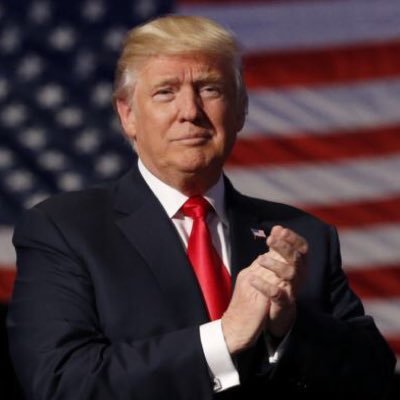We were told three years ago that showering Cuba with U.S. tourists and business investments would eventually work in the interest of Cubans.
IN HAVANA on Dec. 20, a group of artists and activists were preparing to perform a piece titled “Psychosis.”
The plot revolves around a person enclosed in a very small space, showing signs of madness, who wants to leave.
The play was inspired by events in 2010 at a psychiatric hospital in Havana, where 26 patients died of hunger and cold.
The story is obviously a metaphor about the regime of Fidel and Raúl Castro, who have ruled the island for nearly six decades, intolerant of dissent and free speech.
In the performance, there were to be allusions to Raúl Castro and terms such as “dictatorship.”
Predictably, before the performance, the authorities swooped in and made arrests.
The director was detained temporarily, as well as the chief actor.
Also arrested was activist Lia Villares. When released Dec. 22, she said she had scratched a message on the prison cell walls: “Art Yes, Censorship No. I am free.” She was fined for defacing the walls.
The authorities warned her sharply against any activity on behalf of Cuba Decide.
The movement advocates a plebiscite for free elections and free speech in Cuba and is led by Rosa María Payá Acevedo, whose father, Oswaldo Payá, championed the Varela Project seeking these goals in earlier years.
Clearly, the Castro regime does not like the idea that Cubans could “decide” anything about their own destiny.
No kidding! Thousands have been executed, or still held in political prisons, for saying or wanting the same thing.
I am not blaming President Obama directly. However, some should ask him about this – or maybe the same question to those who want to end the embargo.
The theory that “flooding Cuba with happy U.S. tourists” would change the island is not working.

